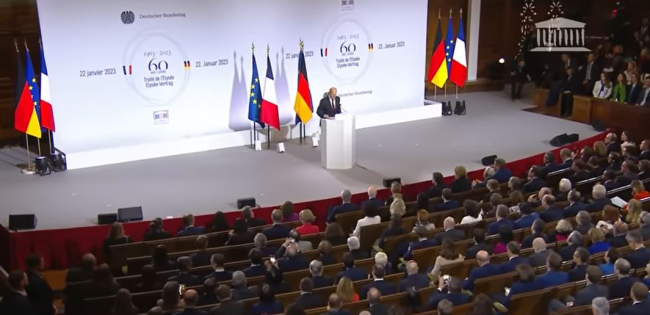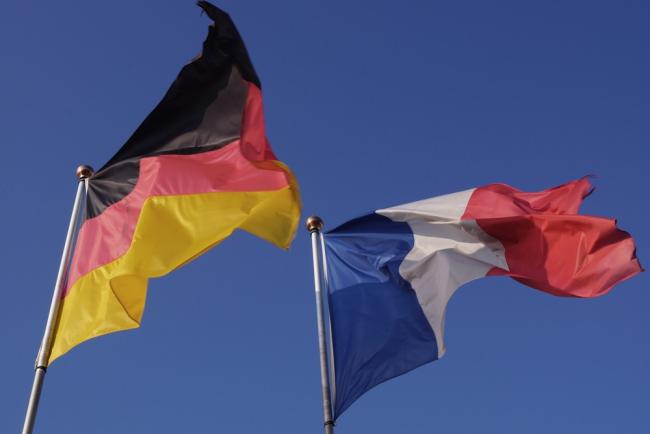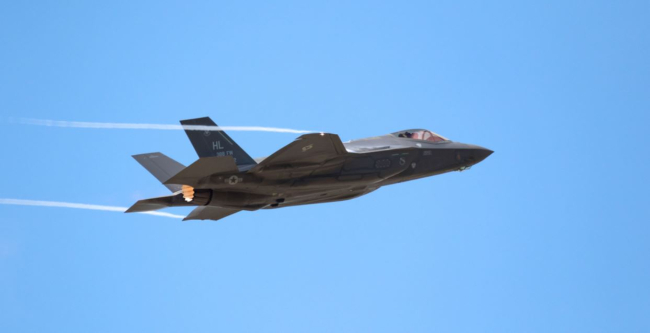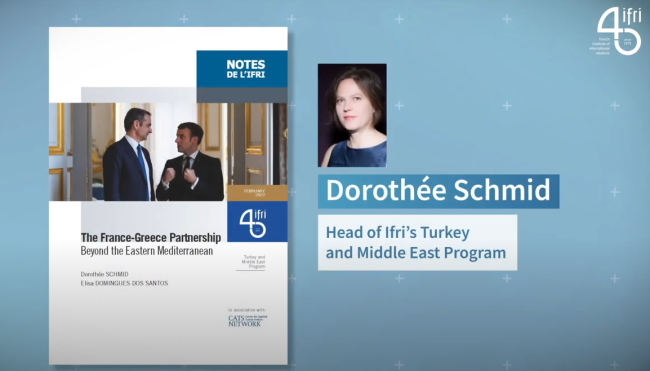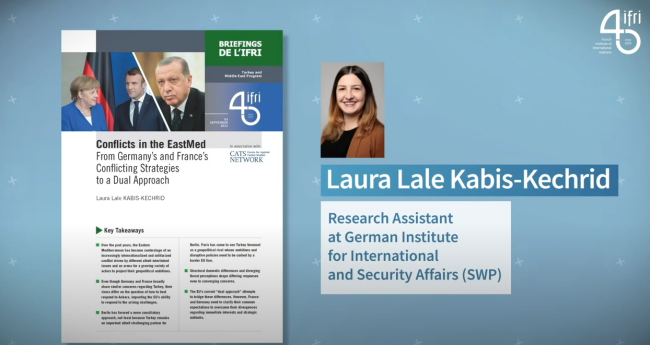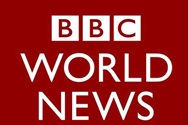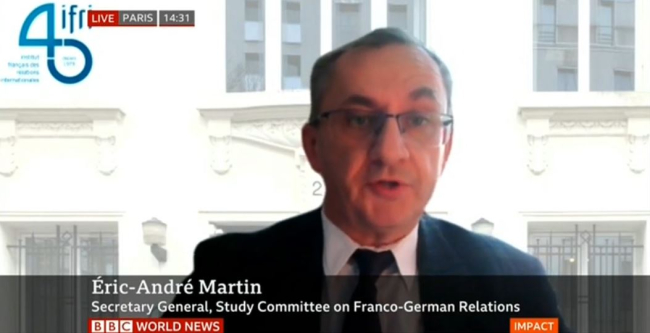German Foreign Policy
Faced with a fragmentation of the established order and an increasing number of crises, Germany is tending to reassess its position in a changing world.
Franco-German relations under pressure on Elysee Anniversary
As France and Germany celebrate the 60th anniversary of the Elysee Treaty, there's mounting pressure for the two countries to revamp their cooperation and leadership within the EU.


At the Sorbonne, Macron and Scholz pass the remedial oral
From the cupola of the great amphitheater of the Sorbonne, the five large medallions in monochrome representing the sciences, letters, law, medicine and theology will judge the event. Sunday January 22, in the morning, in one of the oldest universities on the continent (founded in 1253), the German Chancellor Olaf Scholz must meet Emmanuel Macron, where the French President made his great speech on Europe in 2017.
French-German friendship ‘still alive’ as Macron meets Scholz amid tensions
Two leaders under pressure to repair relations after rifts over defence, energy and China. The French president, Emmanuel Macron, hosted the German chancellor, Olaf Scholz, for lunch on Wednesday as they sought to iron out significant differences on energy and defence that have weakened their relationship at a time of war in Ukraine.


An Engine Replacement Could Kill Europe’s Huge F-35 Plans
If the decision to replace the engine for the F-35A is implemented, countries flying F-35s will find themselves forced into unforeseen and overly complicated supply chains.
F-35: Why Germany is opting for the US-made stealth fighter jet
Germany wants to upgrade its military with the world's most modern fighter jet. The order is worth billions. But is it a good fit?
The French-Greek Partnership: Beyond The Eastern Mediterranean.
This week, Ifri, in partnership with CATS Network, is launching a series of five videos on the tensions in the Eastern Mediterranean, seen through the prism of the geopolitical rivalry between France and Turkey.
Conflicts in the EastMed: from Germany's and France's Conflicting Strategies to a Dual Approach.
This week, Ifri, in partnership with CATS Network, is launching a series of five videos on the tensions in the Eastern Mediterranean, seen through the prism of the geopolitical rivalry between France and Turkey.
Macron-Scholz meeting - Insights from Éric-André Martin on BBC World
The first meeting between French President Emmanuel Macron and German Chancellor Olaf Scholz occurred on Friday, December 10, 2021, in Paris. An important visit for both Germany and France and an opportunity to relaunch the Franco-German couple since Angela Merkel’s departure from the German chancellery.


France welcomes Germany’s new ‘pro-European’ coalition agreement
The coalition deal struck between three parties that will form Germany’s next government is very much in line with France’s own ambitions and priorities, including its vision of a more federal EU.


Business as Usual for Next Franco-German Couple, Despite Sticking Points
While some argue that the next Franco-German power couple could be business as usual, there are some potential sticking points ahead.
Support independent French research
Ifri, a foundation recognized as being of public utility, relies largely on private donors – companies and individuals – to guarantee its sustainability and intellectual independence. Through their funding, donors help maintain the Institute's position among the world's leading think tanks. By benefiting from an internationally recognized network and expertise, donors refine their understanding of geopolitical risk and its consequences on global politics and the economy. In 2025, Ifri supports more than 80 French and foreign companies and organizations.









